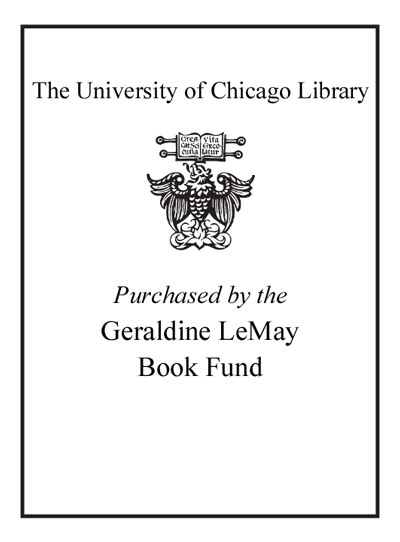Review by Choice Review
Zachmann (Univ. of Florida) argues that Stephane Mallarme (1842-98) must be understood as an outgrowth of his culture. Both his poetic theory and language reveal mid-19th-century fertilization and his effort to adapt, change, and even subvert the dominant discourses and conventions apparent in the press and science of his day. The author points out that the poet constantly struggled to integrate pictorial and literary fragmentation in a way that imitated and stimulated cognition and consciousness. Because of the complexity of the ideas, the first half of the book is a particularly difficult read. Here the author takes her inspiration from Mallarme's unfinished Igitur, showing how Mallarme re-created Plato's cave with mirrors to reflect the unstable, the virtual, the in-between, where life and creation exist in suspended motion, caught as though by a camera. In second part of the book, Zachmann focuses on ut pictura poesis. She considers a number of Mallarme's largely neglected articles that leave no doubt of the poet's debt to Manet's and the Impressionists' "truth," to photography, and to the spectral. Although marred by inconsistent editing and translation, this volume provides an accurate, useful vision of Mallarme. Summing Up: Recommended. Graduate students, researchers, faculty. A. H. Pasco University of Kansas
Copyright American Library Association, used with permission.
Review by Choice Review

